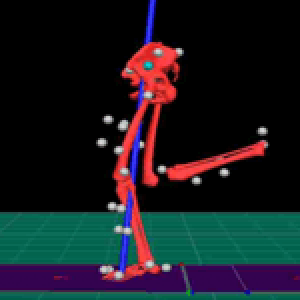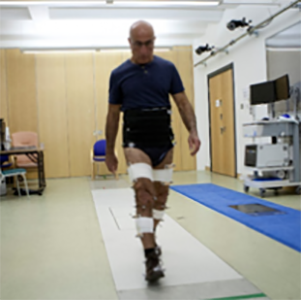Role of Non-Surgical Management in Knee Osteoarthritis
Individuals with knee osteoarthritis are in considerable pain and progression of the disease is driven by mechanical loading. Physio-therapeutic treatments offer symptomatic relief but unfortunately compliance and adherence to these treatments can be troublesome and they do not appear to alter the damaging mechanical loads. Current postgraduate research assesses the role of exercise in the treatment and how this can alter long-term functional status. Additionally, current National Institutes of Clinical Excellence (NICE) guidelines recommend the use of footwear and orthoses as an adjunct to current treatments and these are currently being investigated.


The focus of the research projects are to investigate the role of current footwear and insoles in the management of medial knee osteoarthritis. The aim of the devices is to reduce the biomechanical loading at the knee joint with the aim to reduce pain and increase function. A variety of treatments are available such as lateral wedge insoles, valgus knee braces and biomechanical footwear.Recent randomised clinical trials have shown that these treatments can reduce biomechanical loading and pain in individuals with medial knee osteoarthritis and are some of the largest studies in the scientific literature. The first randomised clinical trial on a biomechanical footwear treatment (AposTherapy) was recently published in the prestigious Journal of the American Medical Association (JAMA) The research focus is now to further develop orthotic maangement alongside standard treatment for idnividuals with medial knee osteoarthritis and understand whether this can delay progression of the disease. This work forms part of a larger research team from the Research In Osteoarthritis in Manchester (ROAM).
Team: